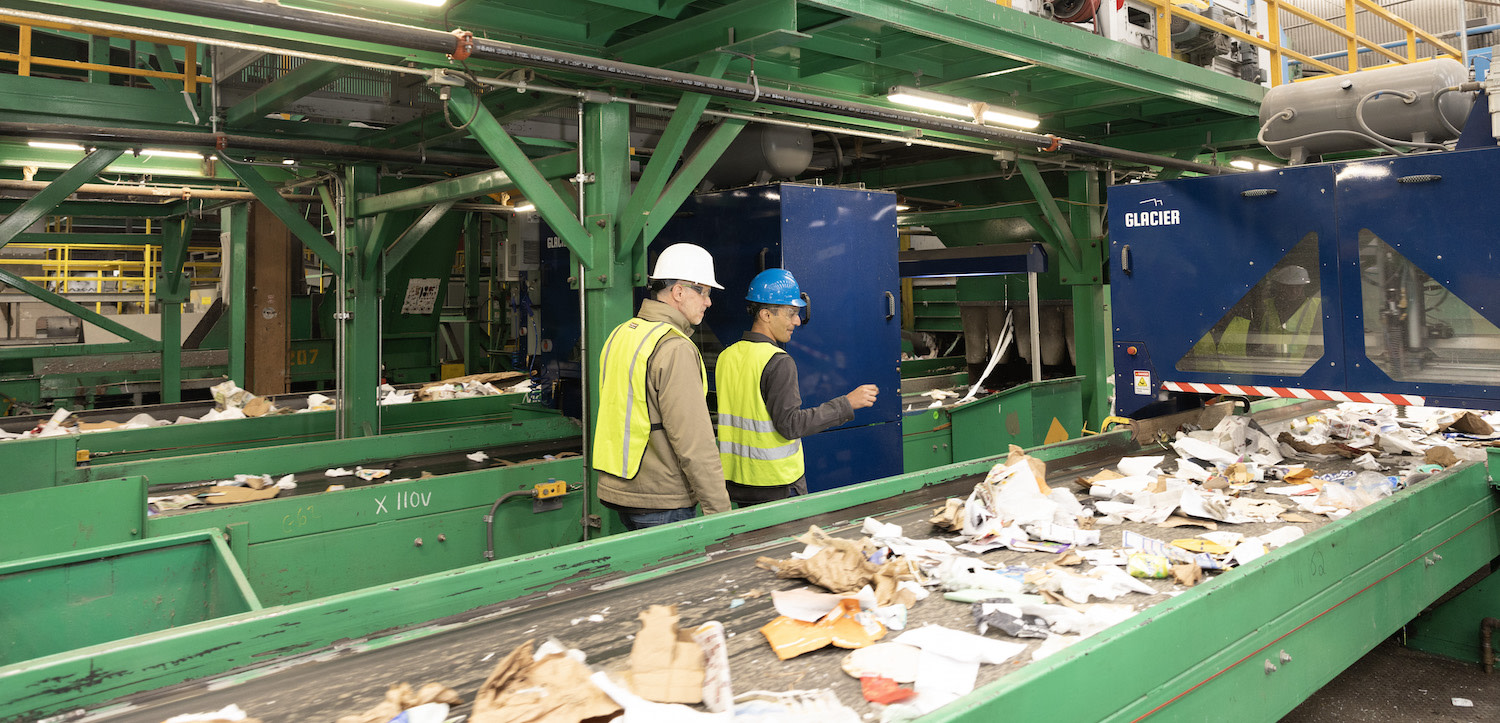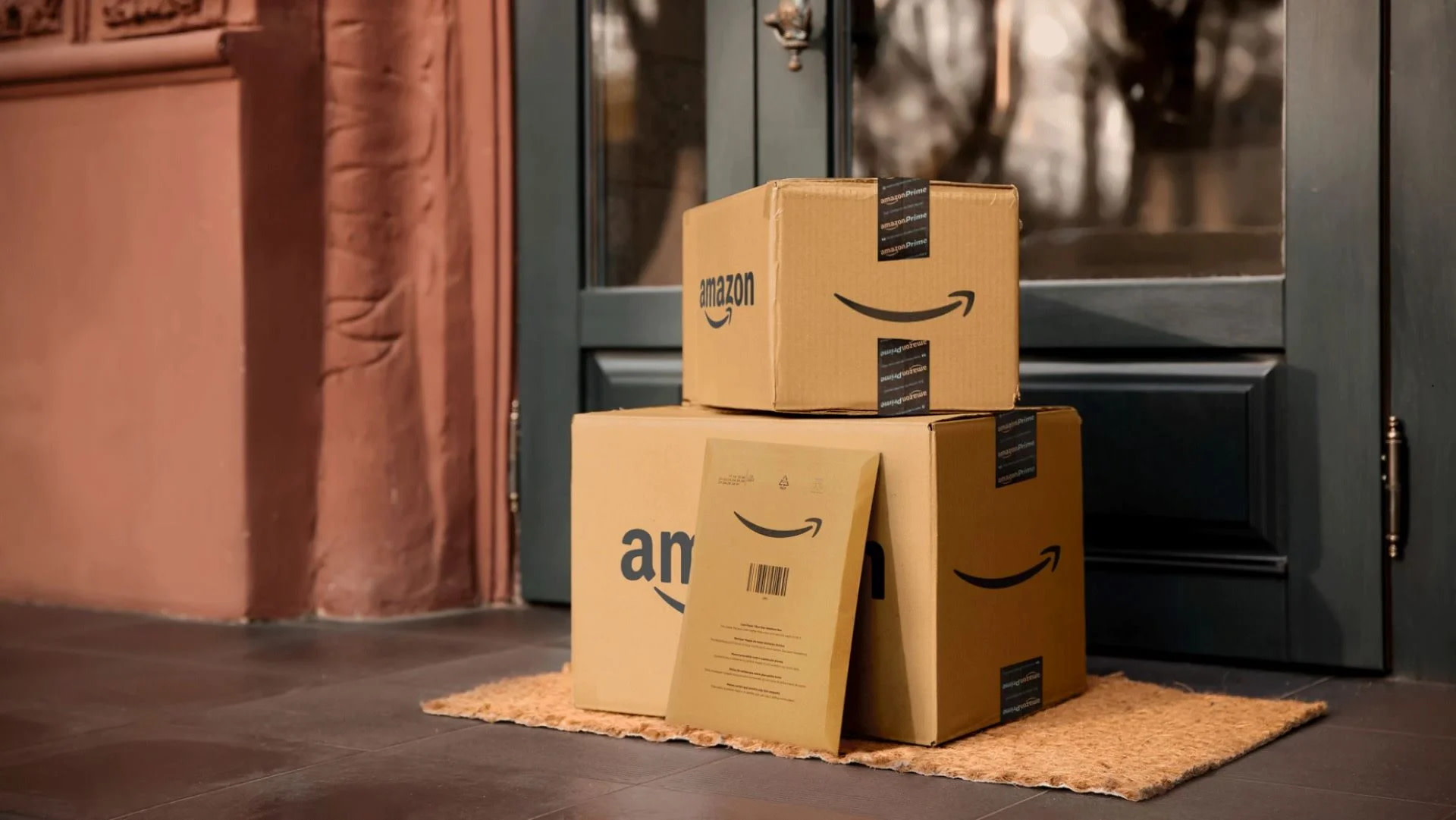Amazon's Path to Net-Zero in India
Amazon.com, Inc.

The effects of climate change are increasingly evident in the surrounding environment and people's daily lives. As Amazon.in celebrates its tenth anniversary, this milestone serves as an opportune moment to evaluate the efforts made to achieve the net-zero carbon emissions goal by 2040.
It is important to acknowledge the substantial amount of work that lies ahead to accomplish this ambitious objective and emphasise the unwavering commitment towards its attainment.
At Amazon, each day is dedicated to enhancing products, services, and experiences for customers. The company firmly believes in the symbiotic relationship between progress and sustainability. By fostering a culture of continuous improvement and innovation and promoting collaboration with various industries and governments, Amazon is confident that collective efforts can be directed towards creating an environmentally sustainable future.
The Climate Pledge, co-founded and initially signed by Amazon in 2019, is a commitment aimed at achieving net-zero carbon emissions by 2040, a decade ahead of the Paris Agreement.
This initiative has garnered participation from more than 400 signatories worldwide, representing 35 countries and 55 industries. Notably, eight Indian companies, including CSM Technologies India, GODI, Greenko, HCL, Infosys, Mahindra Logistics, Tech Mahindra, and UPL Open Ag, have joined this global effort.
As part of The Climate Pledge, signatories are dedicated to regularly measuring and reporting greenhouse gas emissions. They also commit to implementing strategies aligned with the Paris Agreement, making substantial changes and introducing innovative practices within their businesses to reduce carbon footprints. Additionally, any remaining emissions will be neutralised through additional, measurable offsets that bring about social benefits.
In India, significant progress has been made towards deploying 10,000 electric vehicles (EVs) by 2025. Amazon has collaborated with various Indian vehicle manufacturers to establish a fleet of EVs, ensuring secure and environmentally friendly delivery of customer orders.
As a demonstration of this commitment, Amazon has partnered with SUN Mobility, an EV company based in Bengaluru, to pilot and implement groundbreaking battery swapping technology within its delivery fleet. This exemplifies Amazon's ongoing efforts to engage with innovators and solution providers within India's electric mobility and sustainable transportation sector, encouraging potential collaborations in pursuit of shared goals.
In July 2021, the first investment made by the Climate Pledge Fund was announced, involving a startup based in India called ION Energy. This company specialises in developing software that enhances the performance and lifespan of lithium-ion batteries in electric vehicles (EVs) and energy storage systems. By improving battery efficiency, these advancements have the potential to contribute significantly to the realisation of ambitious climate goals.
The Climate Pledge Fund specifically targets visionary companies whose innovative products and services facilitate the transition towards a zero-carbon economy. To date, Amazon has made investment announcements in 22 companies, including CarbonCure, Redwood Materials, Hippo Harvest, and Infinium.
Furthermore, Amazon has been actively investing in renewable energy projects. Over the past year, the company has launched six notable utility-scale projects in India as part of its commitment to achieving 100% renewable energy usage across its operations by 2025.
Among these projects are three wind-solar hybrid installations situated in Madhya Pradesh and Karnataka. With a combined renewable energy capacity of 500MW, these initiatives represent some of the largest corporate power purchase agreements (PPAs) for wind-solar hybrids by a technology company in India.
In addition to the three wind-solar hybrid projects, Amazon's commitment to renewable energy in India extends to three solar farms located in Rajasthan. Collectively, these utility-scale renewable energy projects contribute to a total capacity of 920MW.
Importantly, the wind-solar hybrid initiatives align with the Ministry of New and Renewable Energy's policy on wind-solar hybrids in India. By leveraging this policy, Amazon aims to optimise the utilisation of transmission infrastructure and land while also addressing the challenge of variability in renewable energy generation.
The implementation of these projects not only contributes to the expansion of renewable energy capacity but also enhances grid stability, thereby supporting the overall sustainability and reliability of India's energy infrastructure.
Amazon's unwavering commitment to renewable energy has garnered significant recognition, as the company has set a new corporate record for the highest number of renewable energy announcements made by a single company in a year.
This accomplishment reinforces Amazon's position as the largest corporate buyer of renewable energy, a title the company has held since 2020, according to Bloomberg New Energy Finance. These investments not only advance Amazon's sustainability objectives but also drive growth in new regions through the implementation of innovative deal structures, technologies, and cloud solutions.
In India, Amazon has taken substantial steps towards reducing its environmental impact. The company has achieved a complete elimination of single-use, thin-film plastic packaging originating from its fulfilment network in the country.
Plastic packaging materials such as bubble wraps and air pillows have replaced paper cushioning materials. Globally, Amazon has successfully reduced the weight of outbound packaging per shipment by 38% since 2015, eliminating over 1.5 million tonnes of packaging materials.
To further promote eco-friendliness, Amazon's packaging materials in India, including corrugated boxes and paper cushions, are recyclable and made from 100% recycled content. Additionally, the company has introduced 100% plastic-free and biodegradable paper tape for sealing and securing customer shipments.
Another noteworthy initiative is the introduction of packaging-free shipping, where customer orders are shipped without any additional packaging or with significantly reduced packaging. This initiative has now expanded to over 300 cities across India.
Recognising the challenges involved in becoming more sustainable, Amazon embraces innovation and collaboration. By partnering with Indian signatories of The Climate Pledge, sustainable transportation solution providers, and recipients of the Climate Pledge Fund, Amazon believes it can make a meaningful impact. While celebrating the progress achieved thus far, Amazon acknowledges that there is more work to be done. The company remains dedicated to creating a more sustainable future for its customers, employees, and the planet.
To view and compare company ESG Ratings and Sustainability Reports across sectors, follow our Company ESG Profiles page.
Source: Amazon






